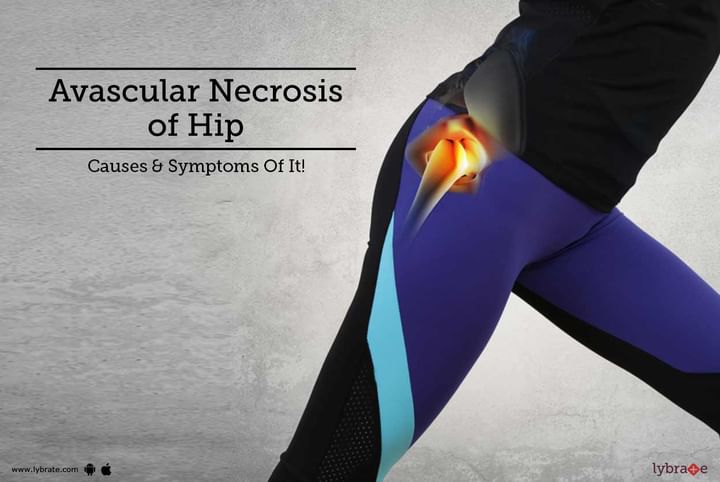Avascular Necrosis Of Hip - Causes & Symptoms Of It!
Avascular necrosis is localised death of the bone. Necrosis can occur due to traumatic injury, side effects of drugs or disease. The dead areas of the bone do not function normally, they weaken and they can collapse. Avascular necrosis eventually leads to the joints attached to the dead bone deteriorating. Avascular necrosis can occur in the knees, shoulder, waist and ankles, but the hip joint is the most commonly affected.
Causes of Avascular Necrosis
1. Traumatic injury to the affected bone, like fractures and dislocation, is a common cause
2. Use of steroid medication
3. Excessive alcohol consumption and smoking
4. Radiation and chemotherapy treatments can lead to avascular necrosis
5. Patients with underlying diseases such as systemic lupus erythematosus, diabetes mellitus, vasculitis, and inflammatory bowel disease are at risk
6. Patients with blood and bone marrow diseases such as sickle cell disease, leukaemia, Gaucher's disease or thalassemia are also at risk
Symptoms of Avascular Necrosis
1. Necrosis can begin with no pain in the abnormal bone
2. But with time and use, the pain develops
3. When the hip is affected, pain in the groin is common, especially when walking
4. The ball of the hip collapses as necrosis progress which leads to pain whenever the hip is rotated or is to bear weight while walking



+1.svg)
